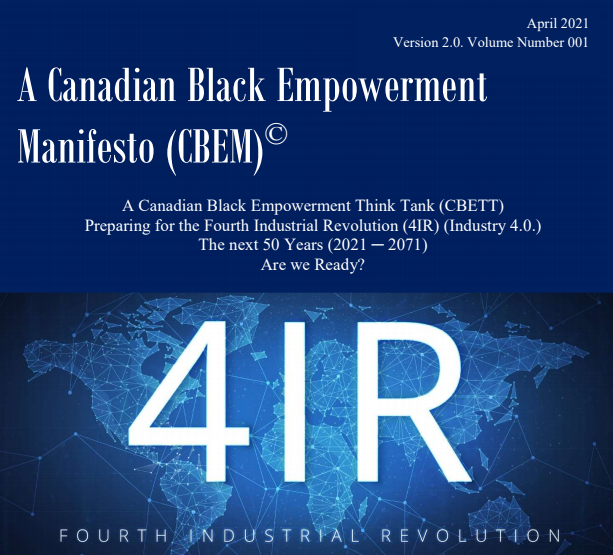When military transitions happen across Africa, Western media outlets rush to label them as a destabilizing "coup." But what if the narrative is backwards? What if these events represent something the international community has overlooked: a continent finally...










